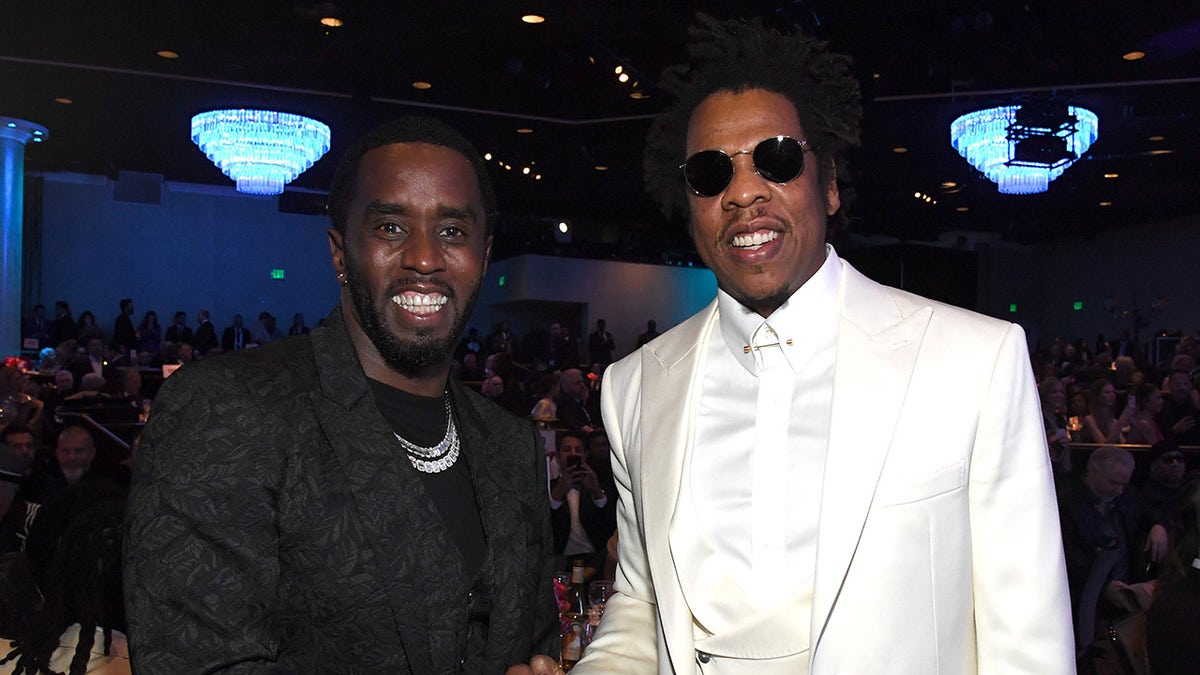Jay-Z, one of hip-hop’s most celebrated icons, faces new developments in an ongoing sexual assault case that has captured public attention. Judge Analisa Torres recently granted permission for the rapper and his lawyer, Alex Spiro, to file a motion to dismiss the case. This ruling does not equate to a dismissal but opens the door for the defense to argue why the case should not proceed.
Here's ads banner inside a post
The case involves allegations from an anonymous woman, identified only as “Jane Doe,” who accuses Jay-Z and Sean “Diddy” Combs of sexually assaulting her at a VMAs afterparty in 2000. According to the claims, the alleged incident occurred when the plaintiff was just 13 years old. The accuser’s attorney, Tony Buzbee, has criticized Jay-Z’s legal team for their approach, setting the stage for a tense legal battle.
What Does the Ruling Mean for Jay-Z?
Judge Torres’ decision allows Jay-Z’s legal team to formally request dismissal of the case. The court will then review the motion and decide whether to grant or deny it. While this step is procedural, it marks a significant development in the case. For Jay-Z and his team, this is an opportunity to challenge the validity of the accusations and the legal grounds on which the case rests.
Importantly, this decision follows previous setbacks for Jay-Z’s defense. Late last year, the court allowed the plaintiff to proceed with the lawsuit anonymously—a move that the defense had tried to prevent. Judge Torres denied their request to fast-track a decision against anonymity, emphasizing a careful and measured legal process.
Here's ads banner inside a post
Background of the Case
The allegations against Jay-Z date back over two decades, involving an incident at an afterparty for the VMAs in 2000. The accuser claims that both Jay-Z and Diddy were involved in the assault when she was a minor. The lawsuit was filed under New York’s Victims of Gender-Motivated Violence Protection Act, a statute designed to protect individuals who have suffered harm due to gender-based violence.
Tony Buzbee, the plaintiff’s attorney, has accused Jay-Z’s team of employing a defensive strategy riddled with inconsistencies and procedural missteps. According to Buzbee, the defense’s arguments about the applicability of the Victims of Gender-Motivated Violence Protection Act are flawed. On the other hand, Jay-Z’s lawyer, Alex Spiro, has criticized Buzbee’s approach, pointing out alleged legal errors on the plaintiff’s side. These accusations have fueled a contentious courtroom battle.
Legal Back-and-Forth
The case has been marked by intense legal sparring. Both sides have accused the other of procedural errors and bad faith tactics. For instance, Jay-Z’s team has questioned the credibility of the plaintiff’s anonymity and sought to expedite rulings in their favor. However, the court has thus far refused to rush the legal process.
Here's ads banner inside a post
This latest development—granting Jay-Z permission to file a motion to dismiss—does not guarantee a resolution. However, it does provide a framework for the defense to argue their case in front of the judge. If successful, the motion could lead to the dismissal of the lawsuit, but such outcomes are rare in high-profile cases like this.
Broader Implications
The allegations against Jay-Z have significant implications, not only for his public image but also for the broader cultural conversation around accountability in the entertainment industry. While the rapper and business mogul has denied the claims, the case underscores the complexities of addressing decades-old accusations within the legal system.
Critics and supporters alike are closely following the proceedings, with opinions divided on the merits of the case. For some, this is a moment to demand justice and accountability, while others view the lawsuit with skepticism, citing the difficulties of proving events that occurred over 20 years ago.
What’s Next?
The case is far from over, and both sides are expected to continue their aggressive legal strategies. For Jay-Z’s team, the focus will be on crafting a compelling argument for dismissal. Meanwhile, Tony Buzbee and the plaintiff will work to keep the case alive, emphasizing the seriousness of the allegations.
Judge Torres’ review of the motion to dismiss will be a pivotal moment in this case. Depending on her decision, the lawsuit could either proceed to the next phase or be dismissed altogether. Either outcome will have significant consequences for all parties involved.
As this legal battle unfolds, the public remains captivated by the twists and turns of the case. While the courtroom proceedings may eventually bring resolution, the court of public opinion will likely continue to weigh in on the broader implications of the allegations.

